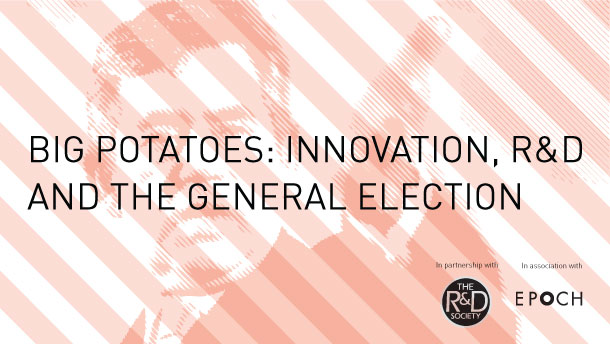SOME TIME BACK, the authors of this Manifesto came together in London to write 10 case studies on innovation in 20th century recessions. We found ourselves impressed by some of the innovations of the Great Depression, pioneered by companies that have since proved durable – companies including Nestlé, Penguin Books, General Electric and Texas Instruments.
But we also noted how times have changed. Despite sitting on the precipice of another global economic depression we could not see much evidence for any appetite for groundbreaking risk-taking innovation that became apparent during and after the Depression of the twentieth century. Instead, we noted how contemporary society shuns innovation while paying it lip-service.
